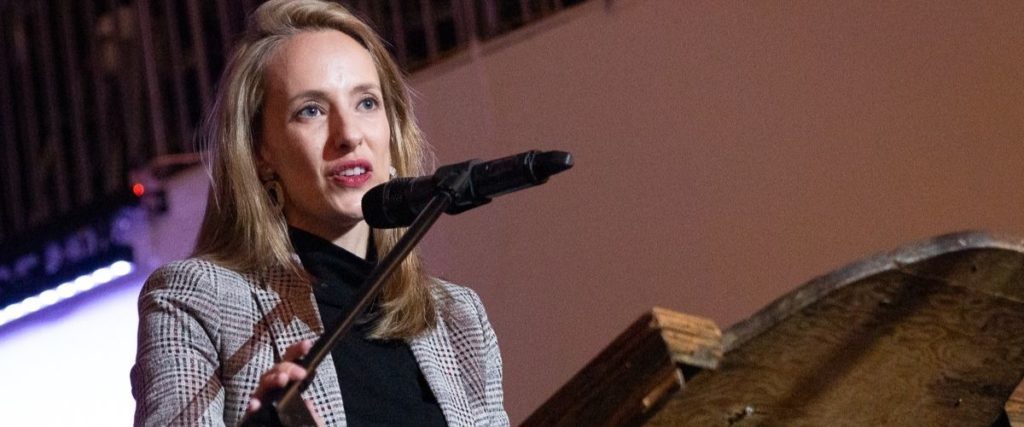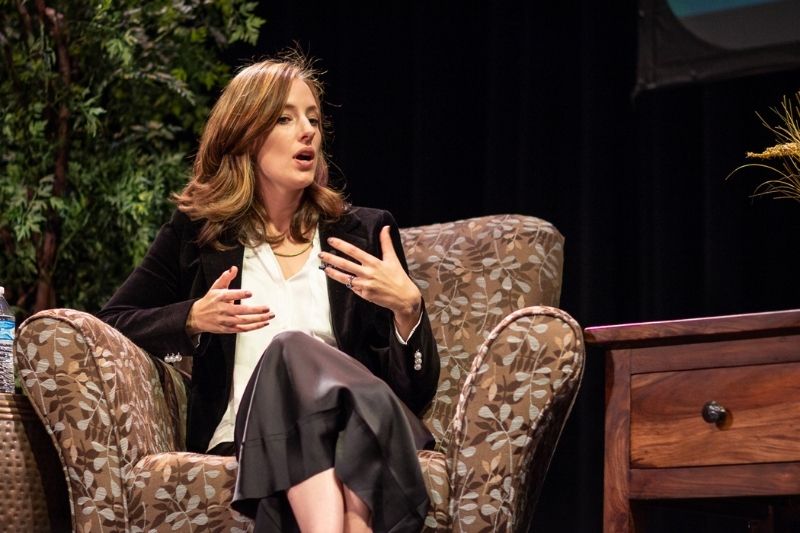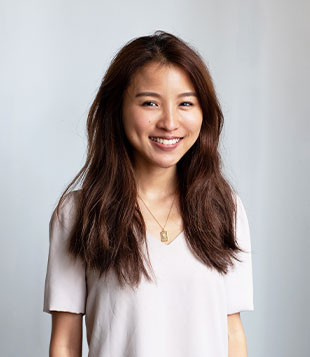Cancel culture is a global phenomenon condemning racism, sexism, and inequality. But has it gone too far? Quilette founding editor Claire Lehmann discusses the problematic side of political correctness – and the corresponding ideological conformity.
Earlier this year, Salmon Rushdie, Noam Chomsky, Margaret Atwood, and – most famously – J.K. Rowling signed a now-infamous 500-word letter warning of a growing “intolerant climate” for free speech. Published in Harper’s Magazine, the letter was signed by 150+ high-profile figures from academia, journalism, and the arts, and decried the weakening of public debate in favour of ideological conformity, igniting a global debate on “cancel culture”.
A social phenomenon, “cancel culture” involves the calling out and boycotting of public figures or companies for a display of behaviours or opinions that are deemed problematic by a large number of people. In recent years, countless individuals – usually celebrities – have been publicly shamed on social media and subjected to professional consequences as a result of being “politically incorrect”. Editors have been forced to resign for running controversial pieces, comedians chastised for being comedians, and shows have been pulled from streaming sites amid the ongoing Black Lives Matter debate.
In most cases, the “cancelled” individual would issue a public statement of apology and turn to social media to seek atonement from their fans – often years or even decades after the perceived affront was committed. With that being said, there have been exceptions: Canadian university professor Jordan Peterson staunchly opposed a bill concerning gender pronouns at a senate hearing despite receiving complaints of threats; American writer and opinion columnist Coleman Hughes persisted through the boos and jeers from the audience when testifying against reparation at a congressional hearing; and J.K. Rowling refused to bow down to trans activists in the face of backlash from her incendio “sex is real” tweet.
In an effort to better understand cancel culture and its repercussions, there is no better person to talk to than Australian journalist Claire Lehmann. As the founding editor of Quillette, an online magazine that provides “a space for unusual viewpoints”, Claire has been described as “the voice of the intellectual dark web (IDW)” – a growing school of thought that prides itself on its shared commitment to free speech. Dialling in from her home in Adelaide, here’s what she had to say on the topic of PC culture, social justice culture, and ideological conformity.
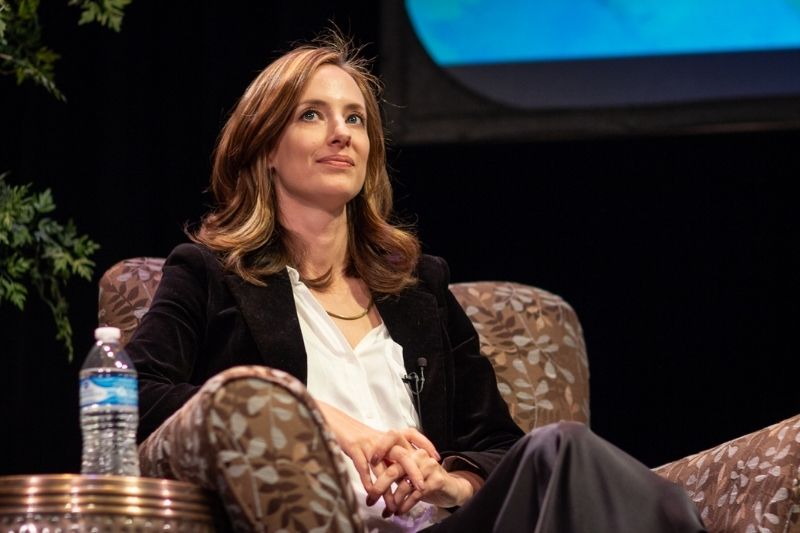
How would you define political correctness? There’s a putative definition on the Internet but is yours different from the commonly perceived one?
I think sometimes political correctness is understood as just being polite and civil and just having manners. But I don’t think that’s what it really is. To me, it refers to not being able to express oneself freely about contentious topics; that includes topics around our identity and certain issues regarding inequality in society. In essence, political correctness restricts people’s ability to express themselves.
Can you share any instances where PC culture has gone too far?
There are several examples of academics getting mobbed or punished by their peers and we’ve published these stories in Quillette. So a good example would be a computer science lecturer at the University of Washington called Stuart Reges. He wrote an article for us a couple of years ago about why there are fewer women in computer science, and he got put on probation for writing this article. His arguments were scientifically valid, and the piece was neither a polemic nor inflammatory. But because he cited research that shows that men and women are different on average when it comes to their preferences for careers, he was seen as engaging in gender discrimination. He’s just one of many.
This kind of thing has happened to many people we haven’t heard of. They have had to go through university investigations and get shunned by their peers for having politically inconvenient research interests. I just think that a society is in a very bad place if academics and researchers aren’t given the freedom to study and ask questions, when they are limited by political reasons.
Have you yourself been accused of being politically incorrect? If so, how did you handle them?
Before founding Quillette, I used to write about feminism and gender. I identify as a feminist, but I was critical of what I described as “mainstream feminism” because I thought it was in some areas too simplistic and didn’t take into account scientific evidence about differences between the sexes. I’ve been accused of being anti-feminist, and I’ve certainly had accusations thrown at me for being the editor of Quillette, but I don’t take any of them very seriously. Occasionally I will receive abuse but I don’t find it too upsetting. It just comes with the territory of being online.
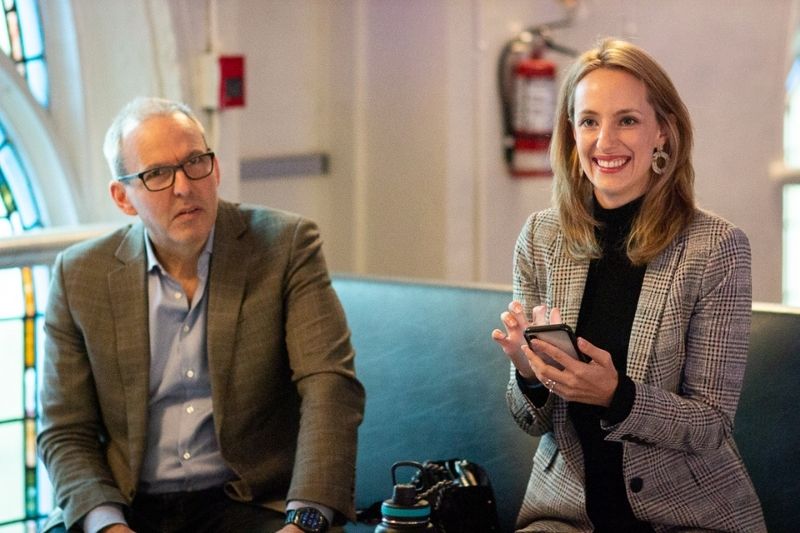
Can you tell us what is “cancel culture”?
Well, it’s when people suffer professional or personal consequences for countering a particular dogma that is popular within their social or professional sphere. People can be cancelled for quite arbitrary reasons – take the Instagram knitting wars, for example. We’re finding that people get cancelled, not simply for being conservative but for not being sufficiently left-wing enough, or for not being sufficiently deferential to activists’ demands. It’s very apparent within subcultures where people are overwhelmingly skewed to the left. What’s different now is that it’s not just people in the public eye; it’s relatively unknown people that are being subjected to all sorts of punishment meant for relatively mild infractions.
Do you think people should be held accountable for an infraction they’ve committed?
Part of being human is making mistakes. We’ve all made mistakes. If people are punished to the point where they’re not even allowed to have a career, well, I think that’s an unforgiving, hostile culture to live in. While I agree that holding people accountable is important, we also have to have a process by which people can redeem themselves. We need to be able to forgive and move on. That’s the biggest problem with cancel culture – we don’t have an understanding of when it’s okay for them to be redeemed, when they are allowed back into the public sphere, when the punishment becomes enough.
You’ve mentioned how social justice culture (i.e. the wider call for equality) is problematic in terms of its tendency to conflate equality of opportunity and equality of outcome. How do cancel culture and political correctness fit into this?
I think cancel culture and political correctness all run downstream from identity politics. Identity politics is when people’s sense of self is dependent on their political positions. What this has done is it has made everyone hypersensitive and defensive, so if you disagree with a particular policy position, then it’s like you’re attacking them personally. The fusion of personal identity and politics has been really damaging to political discourse because it means we can’t decouple politics from people as human beings, which is what we need to do to have healthy, constructive debates. I would put identity politics at the top, and cancel culture and PC are like symptoms of the dysfunction that identity politics has caused.
Despite their good intentions, we see a radicalising tendency in most social movements. Would you have any advice on how we could combat that?
I would suggest for people to remember that there is diversity of thought in any demographic group and to seek out people who might not be put on a pedestal – people who have heterodox or contrarian positions who aren’t necessarily given the megaphone via the media. Whatever position or argument people are wedded to, try considering the other side, considering alternative arguments, and remembering that it’s really important to maintain diversity of perspective because as soon as you close yourself off from dissenting positions, you become less aware of your own biases. You’d just be travelling in the wrong direction without knowing it.
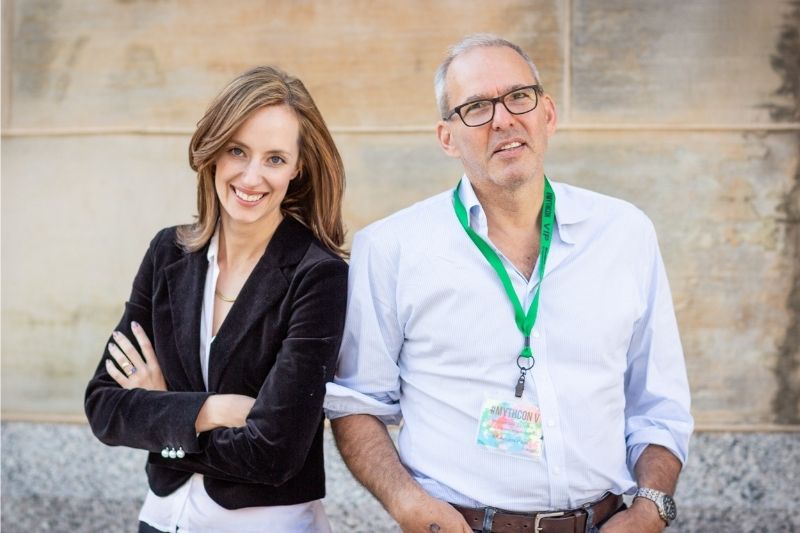
You’ve mentioned how social justice culture rules are asymmetrical, that certain identity groups are more entitled to feel offended. Could you elaborate on that?
I think it’s just a matter of what’s trending on the news. At the moment, people are very sensitive to police violence against African Americans. One thing that stood out to me after the death of George Floyd was the asymmetry in media coverage between African American-owned businesses and immigrants. There was an egregious lack of attention paid to these recent immigrants even when they’ve also had their businesses burnt to the ground from the protests.
Of course, it’s absolutely shocking that police brutality happens against individual African Americans. There’s no excuse for that. But at the same time, they are minorities too, but because their grievances are not fashionable, because they’re not trending in the news, their struggles are just disregarded.
What would you say is Quillette’s mission? Is it to change the minds of these social justice warriors?
I think we’re just trying to provide some moderate analytical commentary, a meta-perspective you could say, to help understand what’s happening as we live in a very complicated historical moment. If we persuade some people to become more moderate, that would be a win for us. But we’re not trying to win a particular side in the culture wars. We advocate for reason and freedom of expression. We just want to preserve certain foundational principles that we believe contribute to a free democratic society.
In light of recent large scale social movements, we’d like to counsel your views on how ideological conformity and political correctness influence the direction of these conversations.
Let’s first talk about the Black Lives Matter Movement. What are your thoughts on the anti-racist rheotoric, in which describes the inadequacy of just being a non-racist, that one is supposed to actively identify and challenge racist behaviour to work towards abolishing systemic racism?
Being anti-racist is not harmful. What is harmful is this notion that’s proposed by Ibram Kendi, that everything is either racist or anti-racist. That’s a really damaging idea because it doesn’t allow for neutrality. I have no problem with people trying to reduce racism. What I have a problem with is all of the other political positions that seem to come with it. Terms like this come in a package of connotations. If you disagree with a part of the package that the term comes with, you’re ostracised. These activists use these very benign terms to describe what they’re advocating for, but then they advocate for these other things like the redistribution of resources and equality of outcome. It’s almost strategic because no one really wants to say, “I don’t agree with anti racism.”
What would you say to someone who believes we need radical progressive rhetorics? That it’s better to be ambitious, to push for sweeping changes than to compromise?
I would just say to go on and look at the most effective activists in history. Take US history, for example. Martin Luther King was very effective, yet he didn’t browbeat people; he persuaded them. He even brought white people along with the racial justice movement. And then there were other activists like Gandhi, who was a peaceful activist and instrumental in helping to get rid of British colonisation in India. The other salient historical lesson is from Weimar Germany. Circa 1930s, the communists would get into street fights with fascists and it disturbed the German population to such a degree that they voted in a fascist, to restore law and order. There are parallels right now with what’s happening in the United States. Even in the late ‘60s and early ‘70s, the rioting prompted people to vote for Richard Nixon because he promised law and order. Civil unrest motivates people to vote for more conservative leaders – in the case of Germany, a fascist leader. So I would say you’re playing a very dangerous game, a very dangerous strategy to be radical to the point of engaging in violence.
So by committing these violent or radical acts, it might actually achieve the opposite result?
It can, and it has done so in history, in the past.
What advice would you give young people keen to avoid following the herd?
Read history – that’s a big one. Learn about important past historical events. I think history is a great antidote to radicalism and precludes the possibility of getting too caught up in radical utopian ideologies. People also have to remember, our place in the world is quite small. It’s important we look after ourselves, our friends, and families before we try and solve the world’s problems.
More on Quillette
Established in 2015, Quillette is a platform for free thought, dedicated to open inquiry. The magazine primarily focuses on science, technology, news, culture, and politics, and is associated with the intellectual dark web. A safe haven for topics typically considered to be taboo, Quillette prides itself on publishing pieces that question mainstream rhetorics, giving a voice to more unorthodox opinions.
Hive Life does not necessarily share the views and opinions expressed by interviewees and opinion writers. The magazine regularly interviews people from different backgrounds to reflect the variety of discourse around topical trends.
Related Articles
Made in China: A Deep Dive into Escalating US-China Tensions
Sextech: How is Technology Changing Sex, Intimacy and Shame?
7 Hottest Investment Trends You Should Consider, According to a VC
